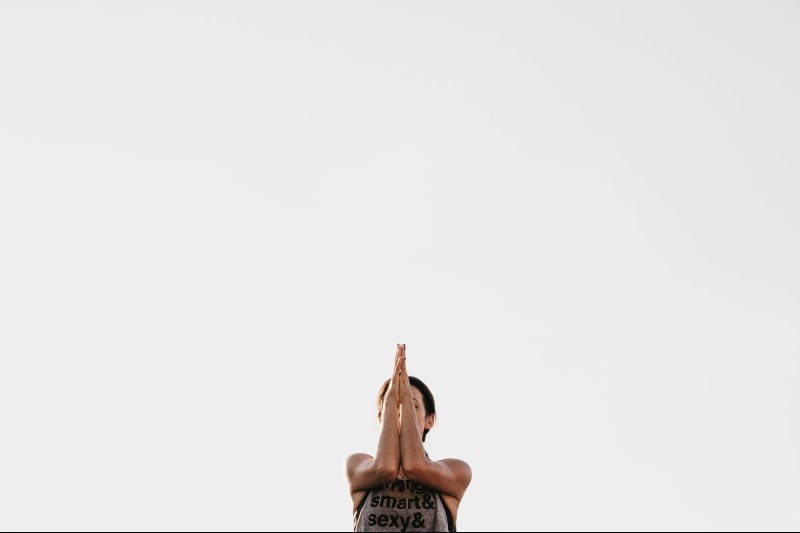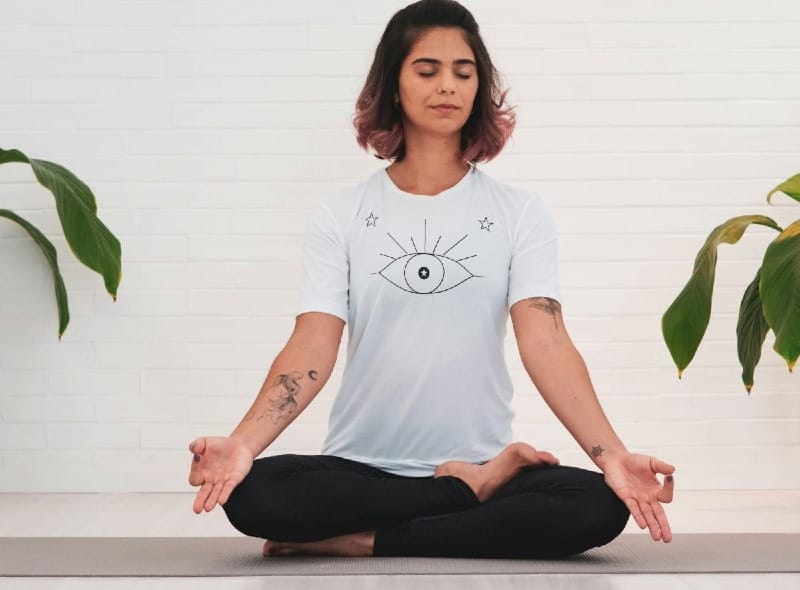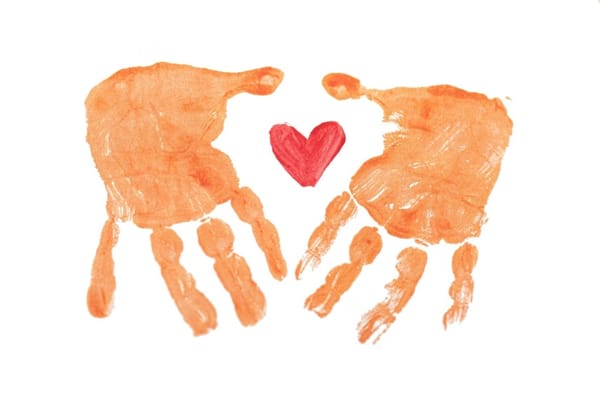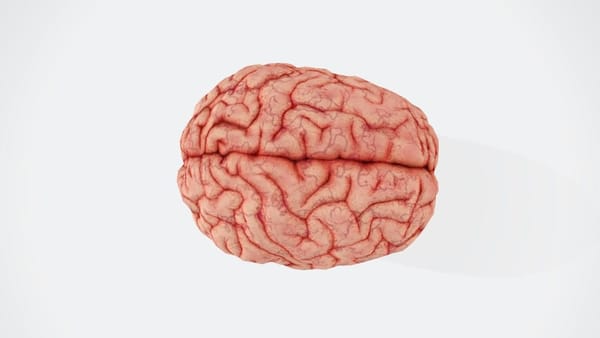Finding inner peace and mental clarity has become increasingly challenging. Meditation, an ancient practice with roots in various cultures, has emerged as a powerful tool for achieving mental balance and reducing stress. This article explores various meditation techniques and their benefits, providing a comprehensive guide to mastering the art of meditation for enhanced mental clarity.


Key Takeaways:
- Meditation is a versatile practice with numerous techniques to suit different preferences and goals.
- Regular meditation can lead to improved mental clarity, reduced stress, and enhanced overall well-being.
- Mindfulness meditation focuses on present-moment awareness and is highly effective for beginners.
- Transcendental Meditation uses mantras to achieve a state of restful alertness.
- Loving-kindness meditation cultivates compassion and positive emotions.
- Body scan meditation promotes relaxation and body awareness.
- Visualization meditation harnesses the power of imagination for relaxation and goal-setting.
- Consistency and patience are key to developing a successful meditation practice.
- Combining different techniques can lead to a more comprehensive meditation experience.
- Technology, such as meditation apps, can support and enhance your practice.
The practice of meditation has been around for thousands of years, originating in ancient Eastern traditions. In recent decades, it has gained widespread popularity in the Western world as a means of reducing stress, improving focus, and promoting overall well-being. As scientific research continues to uncover the numerous benefits of meditation, more people are turning to this practice as a way to navigate the complexities of modern life and achieve greater mental clarity.
Meditation is not a one-size-fits-all practice. There are numerous techniques and approaches, each with its own unique benefits and focus. By exploring different methods, you can find the one that resonates best with you and your goals. Let's delve into some of the most effective meditation techniques for achieving mental clarity.
Mindfulness Meditation
Mindfulness meditation is perhaps the most widely practiced form of meditation in the Western world. This technique involves focusing your attention on the present moment, observing your thoughts and sensations without judgment. The goal is to cultivate a state of awareness that allows you to experience life more fully and reduce the impact of stress and anxiety.
To practice mindfulness meditation:
- Find a comfortable seated position.
- Close your eyes and focus on your breath.
- Notice the sensation of air moving in and out of your body.
- When your mind wanders, gently bring your attention back to your breath.
- Continue this practice for 5-10 minutes, gradually increasing the duration as you become more comfortable.
Mindfulness meditation has been shown to reduce stress, improve focus, and enhance emotional regulation. It's an excellent starting point for beginners and can be easily incorporated into daily life.
Transcendental Meditation
Transcendental Meditation (TM) is a technique that involves the use of a mantra – a word, sound, or phrase repeated silently – to achieve a state of restful alertness. This form of meditation aims to transcend ordinary thinking and achieve a state of pure consciousness.
While TM typically requires instruction from a certified teacher, the basic practice involves:
- Sitting comfortably with eyes closed.
- Silently repeating a personalized mantra.
- Allowing thoughts to come and go without resistance.
- Practicing for 20 minutes, twice daily.
Research has shown that TM can reduce stress, anxiety, and depression while improving cognitive function and creativity.
Loving-Kindness Meditation
Also known as Metta meditation, loving-kindness meditation focuses on cultivating feelings of compassion and goodwill towards oneself and others. This practice can help reduce negative emotions, increase empathy, and improve overall emotional well-being.
To practice loving-kindness meditation:
- Sit comfortably and close your eyes.
- Begin by directing feelings of love and kindness towards yourself.
- Gradually extend these feelings to loved ones, acquaintances, and even difficult people in your life.
- Repeat phrases such as "May I be happy, may I be healthy, may I be safe."
- Practice for 10-15 minutes, focusing on the warm feelings of compassion.
Body Scan Meditation
Body scan meditation involves systematically focusing your attention on different parts of your body, from your toes to the top of your head. This practice promotes relaxation, body awareness, and can help alleviate physical tension.
To perform a body scan:
- Lie down or sit comfortably.
- Close your eyes and take a few deep breaths.
- Begin by focusing on your toes, noticing any sensations.
- Slowly move your attention up through your body, pausing at each part.
- If you notice tension, try to relax that area as you breathe.
- Continue until you've scanned your entire body.
This technique can be particularly helpful for those who struggle with physical discomfort or have difficulty sleeping.
Visualization Meditation
Visualization meditation harnesses the power of imagination to promote relaxation and achieve specific goals. This technique involves creating detailed mental images of peaceful scenes or desired outcomes.
To practice visualization meditation:
- Sit comfortably and close your eyes.
- Take a few deep breaths to relax.
- Imagine a peaceful scene in vivid detail, engaging all your senses.
- Alternatively, visualize yourself achieving a specific goal or desired state.
- Hold the image in your mind for 5-10 minutes, allowing yourself to fully experience the positive emotions associated with it.
Visualization can be particularly effective for reducing anxiety, improving performance, and boosting motivation.
Zen Meditation
Zen meditation, also known as Zazen, is a Japanese Buddhist practice that emphasizes posture, breath, and mindfulness. This technique aims to clear the mind and achieve a state of alert calmness.
To practice Zen meditation:
- Sit in a comfortable cross-legged position or on a chair with feet flat on the ground.
- Keep your back straight and chin slightly tucked.
- Focus on your breath, counting each inhalation and exhalation.
- When thoughts arise, acknowledge them without judgment and return to counting your breaths.
- Practice for 10-30 minutes daily.
Zen meditation can improve concentration, reduce stress, and promote a sense of inner peace.
Incorporating Technology into Your Practice
In our digital age, technology can be a valuable tool for supporting and enhancing your meditation practice. Numerous apps and online resources offer guided meditations, progress tracking, and community support. Some popular options include:
- Headspace: Offers guided meditations and mindfulness exercises for various goals.
- Calm: Provides sleep stories, guided meditations, and relaxing music.
- Insight Timer: Features a large library of free guided meditations from various teachers.
- 10% Happier: Offers practical, science-based meditation techniques.
While these apps can be helpful, it's important to remember that they are tools to support your practice, not replace the core experience of meditation itself.
Tips for Developing a Consistent Meditation Practice
- Start small: Begin with just 5 minutes a day and gradually increase the duration.
- Choose a consistent time and place: This helps establish a routine.
- Be patient: Progress in meditation is often subtle and takes time.
- Experiment with different techniques: Find what works best for you.
- Join a group or take a class: Community support can enhance motivation and learning.
- Use reminders: Set alarms or use app notifications to maintain consistency.
- Be kind to yourself: Don't judge your practice or get discouraged by wandering thoughts.
Conclusion
Mastering meditation is a journey that requires patience, consistency, and an open mind. By exploring various techniques and finding what resonates with you, you can develop a powerful practice that enhances mental clarity, reduces stress, and improves overall well-being. Remember that there is no "perfect" way to meditate – the key is to find a practice that works for you and to maintain it regularly. As you continue on your meditation journey, you may find that the benefits extend far beyond the time spent in formal practice, positively impacting all aspects of your life.
Sources:
- Goleman, D., & Davidson, R. J. (2017). Altered Traits: Science Reveals How Meditation Changes Your Mind, Brain, and Body. Avery.
- Kabat-Zinn, J. (2013). Full Catastrophe Living: Using the Wisdom of Your Body and Mind to Face Stress, Pain, and Illness. Bantam.
- Hölzel, B. K., Carmody, J., Vangel, M., Congleton, C., Yerramsetti, S. M., Gard, T., & Lazar, S. W. (2011). Mindfulness practice leads to increases in regional brain gray matter density. Psychiatry Research: Neuroimaging, 191(1), 36-43.
- Lutz, A., Slagter, H. A., Dunne, J. D., & Davidson, R. J. (2008). Attention regulation and monitoring in meditation. Trends in Cognitive Sciences, 12(4), 163-169.
- Fredrickson, B. L., Cohn, M. A., Coffey, K. A., Pek, J., & Finkel, S. M. (2008). Open hearts build lives: positive emotions, induced through loving-kindness meditation, build consequential personal resources. Journal of Personality and Social Psychology, 95(5), 1045-1062.
- Tang, Y. Y., Hölzel, B. K., & Posner, M. I. (2015). The neuroscience of mindfulness meditation. Nature Reviews Neuroscience, 16(4), 213-225.
- Creswell, J. D., Pacilio, L. E., Lindsay, E. K., & Brown, K. W. (2014). Brief mindfulness meditation training alters psychological and neuroendocrine responses to social evaluative stress. Psychoneuroendocrinology, 44, 1-12.














Member discussion